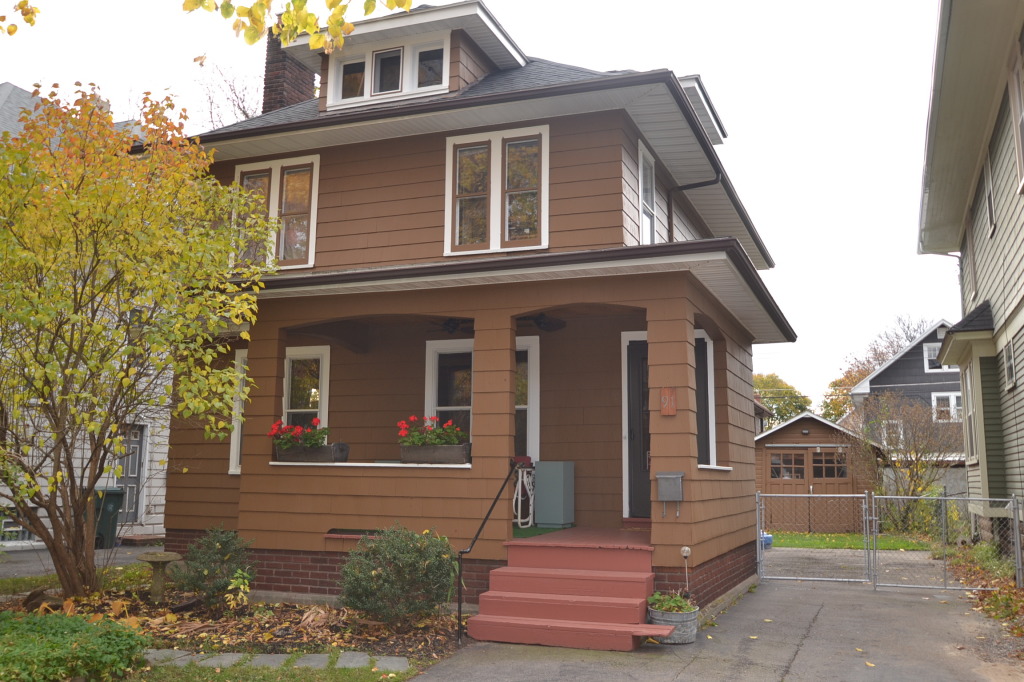
Manhattan is a place where people from around the world want to invest in property. Foreigners buy property here because of factors like good economic environment, political stability, and quality of life.
Two broad categorizations of apartments in New York can be – condominiums and cooperatives. Angus Reed – a property developer in Manhattan, gave us some essential information which will be very useful for a foreign investor if they plan to invest here.
If we compare condos with cooperatives, there are many advantages of buying a condo. They usually attract better appreciation in their value. Whereas, a co-op restricts your ability to rent and perform renovations. The buying process of a co-op is also longer than that of a condo because it needs a board approval for the transfer of property.
A condo is therefore priced 30% to 50% more than a similar sized co-op. Also, you can get a buyer quite easily for a condo than for a co-op.
If you buy a property in New York, you should also know the monthly expenses you will be needing to pay. The main monthly expenses include:
- Property Tax
- Common Charges
- Insurance
- Installments, where it is bought by taking a loan
Usually, the annual taxes are between 0.5 to 1 percent of the value of the property. Common charges are highly variable depending on the property to the property, depending upon the amenities and the number of units sharing the expenses. On an average, insurance will be around $500 per year.
For a foreign buyer, the down-payment requirement is about 40 percent of the value of the property. It is always better to go for financing if you are buying the property for the sake of investment and you can pay the installments. This is because, if you take financing, you can buy two properties for the same cash you have, this will also secure your investment. For getting a mortgage backed loan, you will have to pay about 2% mortgage tax.
The other option for getting finances can be, applying for the loan from your own country, but this will attract various transaction fees and charges. You can go for this if the rate of interest is very low.
Closing Costs
These costs that cover a host of transactions and other government charges. These differ for the buyer and the seller.
Closing cost for buyer includes:
- Mortgage tax – paid to the government if you have taken mortgage (2 percent)
- Title insurance – this covers the loss of ownership which may arise due to defects in title.
- Attorney fee
- Mansion tax – this is 1 percent of the price of property. (Your mansion has to be of value more than $1 million)
- Recording and search fees that are collected by the government
- Bank fee, agent fee etc.
If there is no financing, the closing cost of the buyer will be around 2 percent only but if financing is involved, it can be around 5 to 6 percent.
For a seller, the closing cost will be:
- Broker commission this is usually 6% which is equally shared by the agents of buyer and seller sides.
- New York property transfer tax.
- Attorney Fee
- Miscellaneous filing fees
Closing cost for a seller can be around 8 percent of the price of the property.
Government Taxes Involved
- Property Tax: Usually this tax is paid quarterly by the owner. If you have mortgaged your property, the bank could escrow the amount. The tax is around 1 percent per annum.
- Capital Gains Tax: This will be paid by owners according to appreciation the property has got.
- Operating Tax: If the property is rented out, this refers to the profit earned due to rents collected.
- Estate tax: This is the tax applicable when a property is transferred, that belonged to a deceased person.
The agent and attorney fees should be pre-negotiated by both, the buyer or the seller.
Investment in property, especially in New York is a good idea and more people are starting looking at opportunities to invest in real estate here.
















